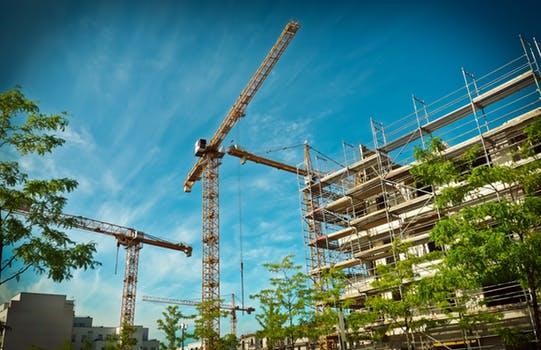Should Boston want to be the home of Amazon’s second headquarters?
Amazon is the kind of company whose mere presence is enough to transform a city. Billions of dollars in investment, tens of thousands of high-paying jobs, and a major impact on transportation and land use have characterized Amazon’s relationship with its primary home of Seattle.
As the company continues to grow, its process to determine the location for its second headquarters has attracted momentous attention. Amazon finished site visits of proposed locations in May, and the so-called “HQ2” project continues to garner media attention from both local outlets and nationally renowned think tanks.
At first glance, whichever city Amazon chooses seems to have won a kind of lottery. Infrastructure upgrades, all-but-guaranteed job growth, and a stage for international connections all sound great.
But these kinds of economic impacts are not a positive thing for many city residents. Traffic, rent increases, and worsening inequality will all result from Amazon’s crusade upon its city of choice. Its hiring spree will likely favor well-educated, white collar workers over all others. Many places have even offered Amazon millions of dollars in tax breaks as an incentive to come to their city, foregone revenue that will ultimately burden taxpayers. Low-income people, minorities, and renters could reasonably be terrified that Amazon will move into town.
How likely is it that Amazon chooses Boston? That’s hard to say. There are a myriad of predictions of where Amazon will place its second headquarters, but the company itself has been quite secretive about the process and timeline of its decision-making. That said, Boston has clear advantages over several other contenders in human capital attainment and business culture.
The city needs to start thinking about Amazon’s impact more holistically. That means taking proactive measures to limit the displacement of long-time residents, increased congestion, and strain on transportation resources the move would inevitably cause. Some may claim that such an approach is unnecessarily alarmist, as landing Amazon is still a longshot for each of the cities the company is considering. Still, some cities are seeing renewed investment solely because of Amazon’s interest in the area, and Boston desperately needs housing and transportation policy reform anyway (a brief scroll through The Pioneer Blog will tell you that).
Regardless, Amazon’s second headquarters has to go somewhere. Ideally, it would move into the place where it would have the least impact on rent prices and inequality. Not only is that extremely hard to measure, however, but by some analysts’ estimates, the city of least impact is Boston. In a large city that’s both overpriced and has limited space for growth, the additional 50,000 white-collar jobs won’t impact home prices or gentrification patterns in nearly the same way as they would for Raleigh, Newark, or Pittsburgh.
It’s easy to be excited about the economic opportunity Amazon promises for the location of its second headquarters. But don’t be fooled; Amazon will not only have a positive influence on job creation and investment, but also a negative one on transportation, housing, and inequality. It’s about time for Boston to prepare for the negative impacts as well as the positive ones.
Andrew Mikula is a rising senior at Bates College majoring in economics. Since joining Pioneer Institute as the Roger Perry Government Transparency intern, he has focused on using Pioneer’s MassAnalysis database to analyze social and economic issues. He aspires to be an urban planner upon graduation.



